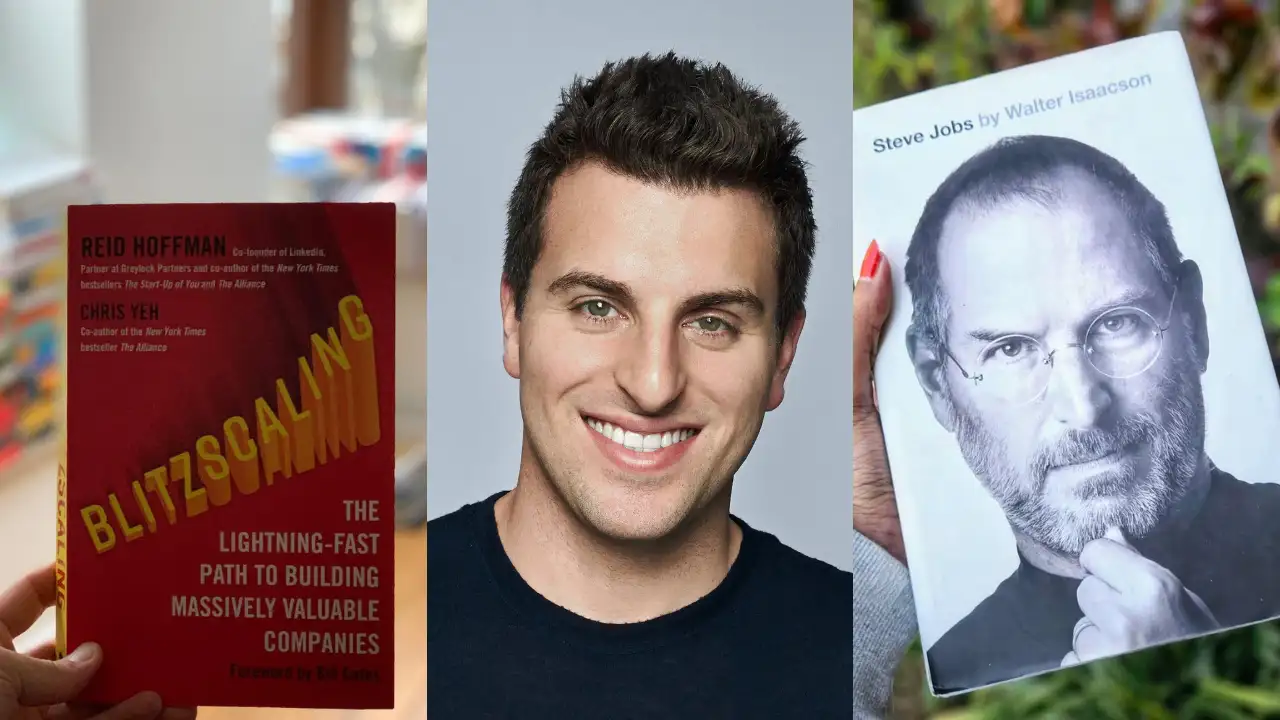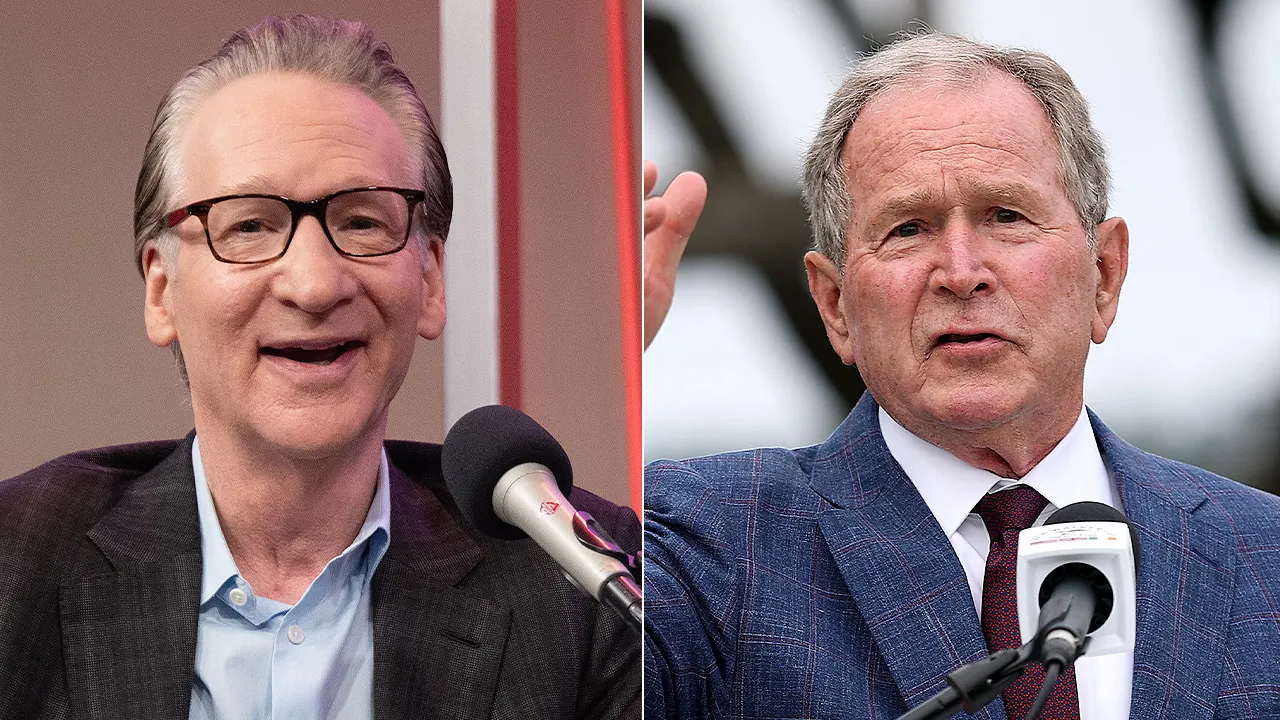Copyright timesnownews

Ever wonder what books shape the minds of innovators? Brian Chesky, Airbnb's visionary co-founder, credits certain books for revolutionising his thinking and approach to business and life. These aren't just reads, but rather experiences that challenge perspectives, spark creativity, and ignite transformation. Whether you're an entrepreneur, dreamer, or simply curious, these seven recommendations offer wisdom that transcends industries. Let's explore the literary treasures that helped build one of the world's most disruptive companies and discover what makes them truly unforgettable. Also Read: 7 Life-Changing Books Recommended by Catriona Wallace 1. The Ride of a Lifetime by Robert Iger The former CEO of Disney shares his forty-five-year journey at the company, from starting as a studio supervisor at ABC to leading one of the biggest entertainment companies in the world. Robert Iger talks about the key acquisitions that shaped his time at Disney, including Pixar, Marvel, Lucasfilm, and 21st Century Fox, explaining the thinking and relationship-building that made each deal happen. He writes about learning leadership from mentors like Capital Cities CEO Tom Murphy, the value of taking smart risks, and staying optimistic and decisive even in uncertain times. Iger shares details about his relationship with Steve Jobs during the Pixar deal, how Jobs’s cancer diagnosis affected talks, and how their partnership changed Disney animation. He also explores the launch of Disney+, the challenges of media industry changes, and how he balanced creative vision with business needs. 2. Walt Disney by Neal Gabler This detailed biography follows Walt Disney from his tough childhood to building an entertainment empire that changed American culture and still shapes global media. Neal Gabler shows Disney’s early struggles as an animator, his creation of Mickey Mouse after losing another character, and his constant drive to innovate through feature films, theme parks, and TV. The book explores Disney’s complex nature, his charm and vision, along with his controlling habits, his strong anti-union views, and his role in the House Un-American Activities Committee. Gabler explains how Disney’s Midwestern values and nostalgia for a perfect America shaped his work, how he sold hope during the Depression and war, and how Disneyland reflected his dream of a perfect community. The book also tells how Disney often risked everything financially, almost going broke, to make projects like Snow White and Disneyland happen. Gabler covers Disney’s later years, too, including his dream for EPCOT as a model city and his death before seeing it come to life. 3. High Output Management by Andrew Grove The former Intel CEO shares his management philosophy developed while leading the company through fast growth and tough competition in the semiconductor industry. Andrew Grove says that a manager’s success is measured by the results of their team and the people they influence, shifting focus from personal productivity to helping others succeed. He introduces ideas like one-on-one meetings as key management tools, performance reviews as chances for growth, and signs that show when managers should step in. Grove applies manufacturing principles to knowledge work, treating tasks like hiring and training as production processes that need systems and quality control. He explains when to delegate or keep control, how to run useful meetings, and how to make decisions with limited information and time. The book also talks about motivation, showing how fear and self-interest affect behaviour and how managers can create workplaces that use these drives positively. 4. Googled by Ken Auletta A journalist tells the story of Google’s rise from a Stanford project to a global tech giant, showing how it changed media, advertising, and access to information while gaining huge power. Ken Auletta profiles founders Larry Page and Sergey Brin, exploring their engineering-focused culture, their early idealism about organising the world’s information, and how they grew into leaders managing big business and political challenges. The book explains Google’s game-changing search algorithm, its money-making ad system, and its expansion into email, video, mobile, and many other areas. Auletta looks at Google’s clashes with media companies, advertisers, and rivals who saw it as a major threat. He explores the tension between Google’s mission to make information free and its need to earn money for investors. The book also discusses privacy issues, Google’s work with Chinese censorship, and whether any company should have so much data about people’s lives. 5. Steve Jobs by Walter Isaacson This official biography follows Steve Jobs from his adoption and tough childhood to founding Apple, being pushed out, returning to rescue the company, and creating products that shaped modern technology. Walter Isaacson interviewed Jobs, his family, colleagues, and rivals to paint a full picture of a brilliant yet difficult man who demanded perfection and changed several industries. The book covers Jobs’s early passion for electronics and counterculture, his partnership with Steve Wozniak in creating Apple, and the Macintosh’s groundbreaking design. Isaacson describes Jobs’s firing from Apple, his years founding NeXT and buying Pixar, and his return to Apple, where he made the iMac, iPod, iPhone, and iPad. The book also shows his flaws, like his cruelty to others, his ability to bend people to his will, and his early refusal to accept his daughter. Jobs appears as a visionary who believed technology should serve people beautifully, who controlled every part of the user experience, and who combined art and science to make products that felt magical. 6. The Airbnb Story by Leigh Gallagher A journalist tells how Airbnb grew from three friends renting out air mattresses in their San Francisco apartment to a global platform that changed travel and challenged hotels. Leigh Gallagher profiles founders Brian Chesky, Joe Gebbia, and Nathan Blecharczyk, describing their early struggles, their entry into Y Combinator, and their creative ways to survive, including selling election-themed cereal. The book tells about Airbnb’s near failures, its breakthrough at South by Southwest, and its quick scaling after attracting big investors. Gallagher looks at how Airbnb handled city regulations, discrimination on the platform, and safety concerns after some incidents. She explores Airbnb’s impact on housing markets, neighbourhoods, and the hotel industry, showing both support and criticism. The book also traces Chesky’s growth from designer to CEO, how he studied other founders’ management styles, and how he worked to protect company culture during rapid expansion. 7. Blitzscaling by Reid Hoffman LinkedIn’s co-founder and investor explains the strategy of growing fast rather than efficiently to win in markets where the biggest player takes all. Reid Hoffman argues that in certain industries, scaling quickly to gain network effects and size matters more than early profits or perfect operations. He explains the stages of blitzscaling from family to tribe to village to city to nation, each needing different management skills. Hoffman discusses when blitzscaling makes sense and when it leads to waste, how to spot winner-take-all markets, and how to handle the chaos that comes with extreme growth. The book uses examples from Amazon, Google, Facebook, and Airbnb, showing how founders accepted problems like weak systems or rushed hiring for the sake of speed. Hoffman also talks about the human side of blitzscaling, including burnout, culture loss, and the challenge of keeping values when hiring thousands fast. Also Read: 8 Life-Changing Books Recommended by Gaby Goldberg These seven books represent more than Brian Chesky's reading list. They're blueprints for reimagining what's possible. Each page holds lessons in innovation, resilience, and human connection that shaped Airbnb's remarkable story. The beauty of great books lies in their ability to meet you exactly where you are, offering insights that evolve with every reading. As you close this list and open these books, remember that transformation begins with curiosity. Your own story of change awaits within these pages, ready to unfold in ways you never imagined possible.



